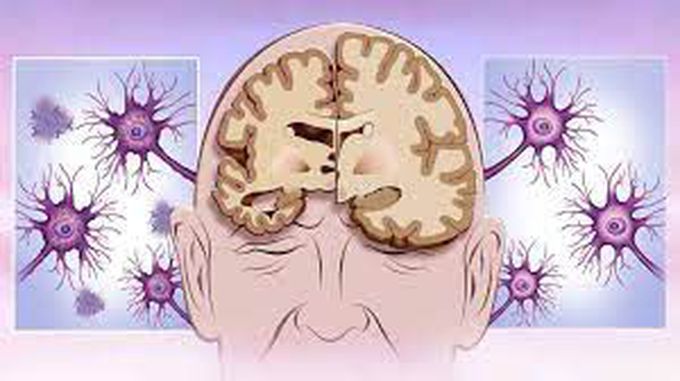


Alzheimer’s Disease Treatment
At this time, there is no cure for Alzheimer’s. The disease progresses as nerve cells in the brain are damaged and can no longer function normally, and there is no way to reverse this deterioration. Physical exercise and social activity are most important in managing Alzheimer’s disease, as are proper nutrition, health maintenance, and a calm and well-structured environment. Medications can sometimes help with cognitive and behavioral symptoms. Specific treatment for Alzheimer's disease will be determined by your doctor based on: Your age, overall health, and medical history Extent of the disease Your tolerance for specific medications, procedures, or therapies Expectations for the course of the disease Your opinion or preference At this time, there is no cure for Alzheimer's, no way of slowing down the progression of this disease, and no treatment available to reverse the deterioration of Alzheimer's disease. New research findings give reason for hope, and several drugs are being studied in clinical trials to determine if they can slow the progress of the disease or improve memory for a period of time. There are some medications available to assist in managing some of the most troubling symptoms of Alzheimer's disease, including the following: Depression Behavioral disturbance Sleeplessness In managing the disease, physical exercise and social activity are important, as are proper nutrition, health maintenance, and a calm and well-structured environment.
Living with Alzheimer’s disease was one of the hardest experiences of my life. The memory loss, the confusion, and the fear of losing myself weighed on me every single day. I had tried so many treatments and medications, but nothing seemed to stop the disease from progressing.Out of both hope and desperation, I came across NaturePath Herbal Clinic. At first, I was skeptical, but something about their natural approach and the stories I read gave me the courage to try one more time.I began their herbal treatment program, and within a few weeks, I noticed small changes clearer thinking, better focus, and a calmer mind. Over the months, those improvements became more and more obvious. Today, I can truly say my life has changed. My memory has improved, and I feel more present and engaged than I have in years.This isn’t just a testimony it’s a heartfelt recommendation to anyone struggling with Alzheimer’s or other chronic conditions. Don’t give up hope. I’m so grateful I gave NaturePath Herbal Clinic a chance. Visit their website to learn more: www.naturepathherbalclinic.com info@naturepathherbalclinic.com


